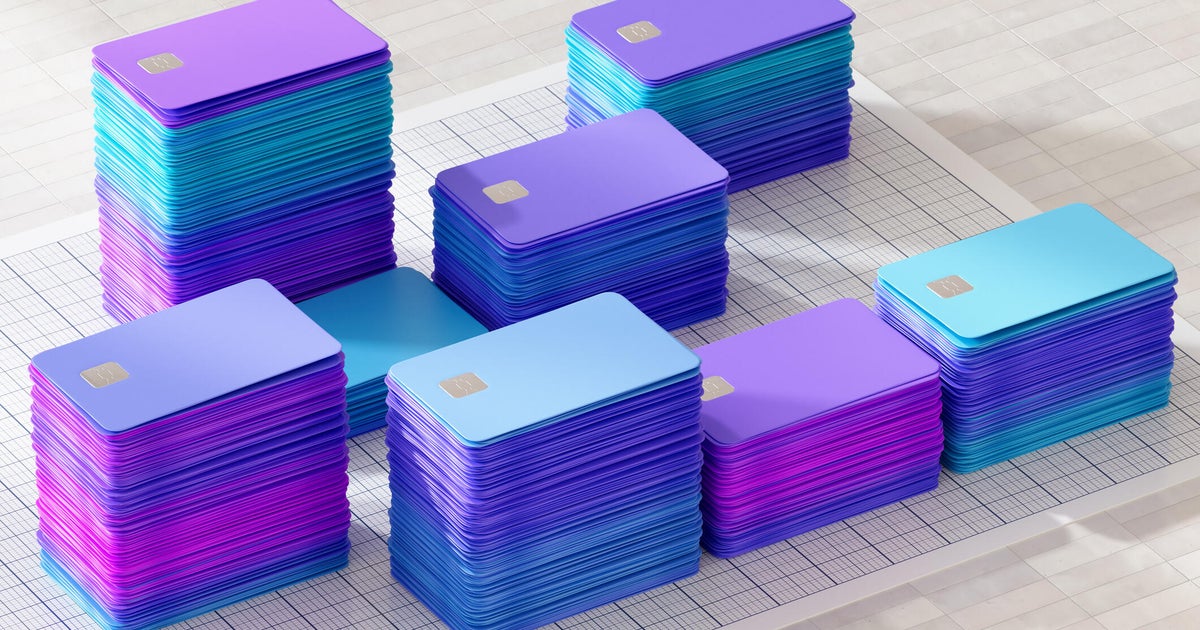How is home equity paid out?
If you own a home, chances are that you know there's value in your home equity. It's the portion of your house that you own free and clear. Moreover, you can tap into it when you need to. For example, you can use your home equity to get rid of pesky credit card debt, make home repairs or even invest in your education.
Of course, if you haven't used your home equity in the past, you may have a few questions. One of the biggest being: How is home equity paid out? The answer depends on the way you choose to tap into it.
Discover how easy it can be to tap into your home equity now.
How is home equity paid out?
There are three common ways to tap into your home's equity - a home equity loan, a cash out refinance, or a HELOC. Here's how each works:
How a home equity loan is paid out
You can typically access around 80% of your home's equity using a home equity loan. Moreover, home equity loans are paid out in a single lump sum. So, if you apply, and are approved, for a $100,000 home equity loan, you can expect to receive a single, lump sum payment in the amount of $100,000 when you close on your loan.
How a cash out refinance is paid out
In a cash out refinance, you'll refinance your current mortgage, taking the equity you have in your home out in the process. As is the case with a home equity loan, you'll receive a single, lump-sum payment for the amount of cash you can access upon the closing of the new loan.
Compare your home equity loan options today.
How a HELOC is paid out
Home equity lines of credit (HELOCs) are similar to home equity loans and cash out refinance options in that they use your equity as security for the loan. However, they differ in that a HELOC is a revolving line of credit.
In most cases, HELOCs have a draw period that lasts anywhere from five to 15 years. During this period, you can borrow the money you need up to your credit limit - typically around 80% of your available equity. So, if you have a $50,000 HELOC, you can borrow and repay up to $50,000 as many times as you'd like during the draw period. Moreover, you'll typically make interest-only payments while the loan is in the draw period.
When the draw period ends, the repayment period starts. During this period, you'll usually be required to make payments toward interest and principal until the loan is paid in full.
Which option is better based on how they're paid out?
Whether a home equity loan or HELOC is better based on how they're paid out depends on what you plan on using the money for. For example, if you need money to consolidate high interest rate debt, you'll need a large lump sum of money up front. In this case, a home equity loan may be your best option.
On the other hand, if you're using the money to renovate your home, a HELOC may be better. After all, you never know how much renovations will cost in the end. So, having the ability to access additional funds during the draw period may come in handy.
How the money is paid out shouldn't be your only consideration
It's important to consider how you can access money when it comes to choosing the best avenue for tapping into your home equity, but that shouldn't be your only consideration. Here are a few other factors to think about when you decide whether a home equity loan, cash out refinance or HELOC is the better option:
- Impact on your current mortgage: If you purchased your home at least a couple of years ago, chances are you have a lower interest rate than is currently available. So, a cash out refinance may not be a wise idea. Consider a home equity loan or HELOC in these circumstances instead.
- Interest rates: Home equity loans generally come with fixed interest rates while HELOC rates are usually variable.
- Payment structure: When you take out a home equity loan, you'll know exactly what your monthly payment will be. Since HELOCs are revolving credit lines with variable interest rates, their payments are typically variable as well - which can make budgeting more difficult.
Compare your home equity options now.
The bottom line
Different home equity products pay out in different ways. Although it's important to consider how you'll receive your money, you should also consider other factors. Make sure to compare your options in terms of fees, interest, payment structure and the potential impact on your current mortgage before you decide which home equity product is right for you.




